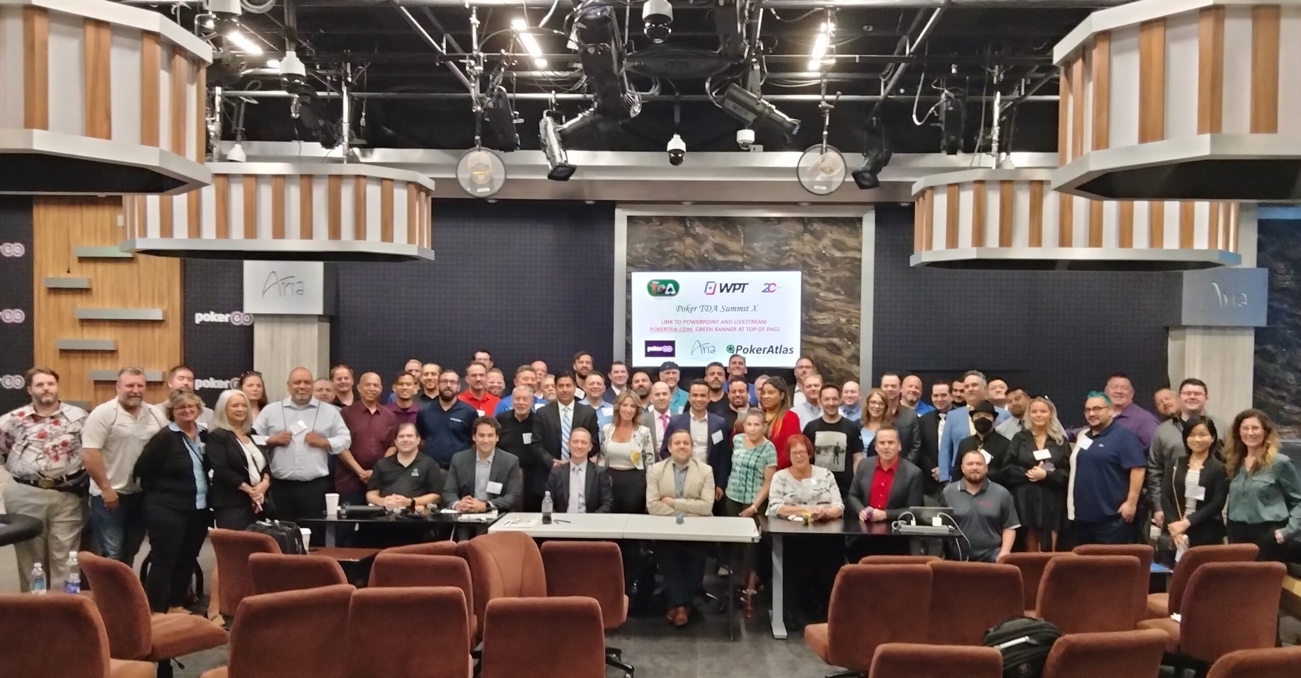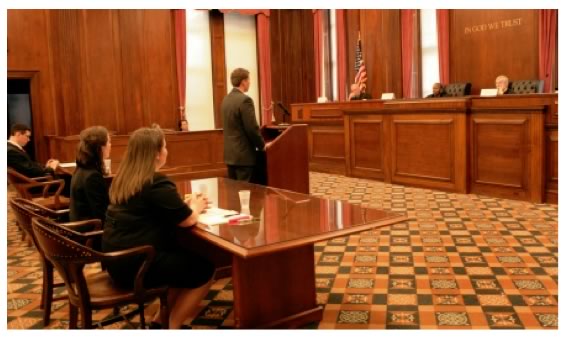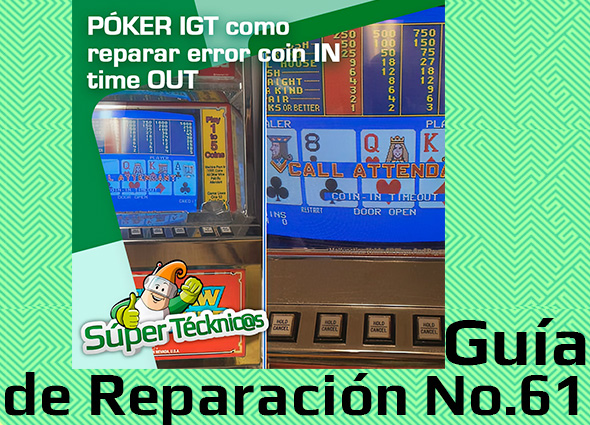Blackjack, pai gow poker and other house-banked games have been a reality in California card rooms for 30 years, these games were branded as “California” games and have been referenced in other state laws.

California gaming tribes and the state’s licensed card rooms are embroiled in a longstanding feud over the so-called “California” versions of traditional house-banked card games like blackjack and they have had enough, the Rincon Band of Luiseno Indians and the Santa Ynez of Chumash Mission Indians filed a lawsuit against several card rooms offering these games.
However, the real complaint takes issue with the manner in which the deal is being rotated or not rotated. The rules provide for the following:
- No one person or entity may hold or otherwise be involved in the player-dealer position continuously for 60 minutes. The player-dealer position must rotate completely away from a person or entity within a 60-minute period, to a different person or entity from the one who occupied the position during the hand immediately preceding the rotation. The 60-minute period commences upon acceptance of the player-dealer position.
- Upon failure of fulfillment of any of the requirements of play identified in paragraph 2, the game must end, and that a new game cannot begin for at least two minutes.
- Immediate notification to all players that the game has ended, cards or tiles cannot be dealt, and wagers cannot be made. The dealer tray must be covered during this time to indicate the game has ended.
- Shuffling of all cards or tiles upon the opening of a new game.
The policies were reported as a win for the tribes, but it was far from the overwhelming victory they’d sought. It could be pretty damaging if they lose. Not only would it embolden card rooms, but the courts could even lessen current restrictions.
Here is why this lawsuit is difficult to solve in court, California games are the very definition of exploiting a loophole, but they’re also entrenched in the state. While operators have been offering them for decades, any increase in restrictions could make it impossible to do so profitably. As the California Gaming Association has noted, that could cost the state thousands of jobs and millions of dollars in revenue.






















































